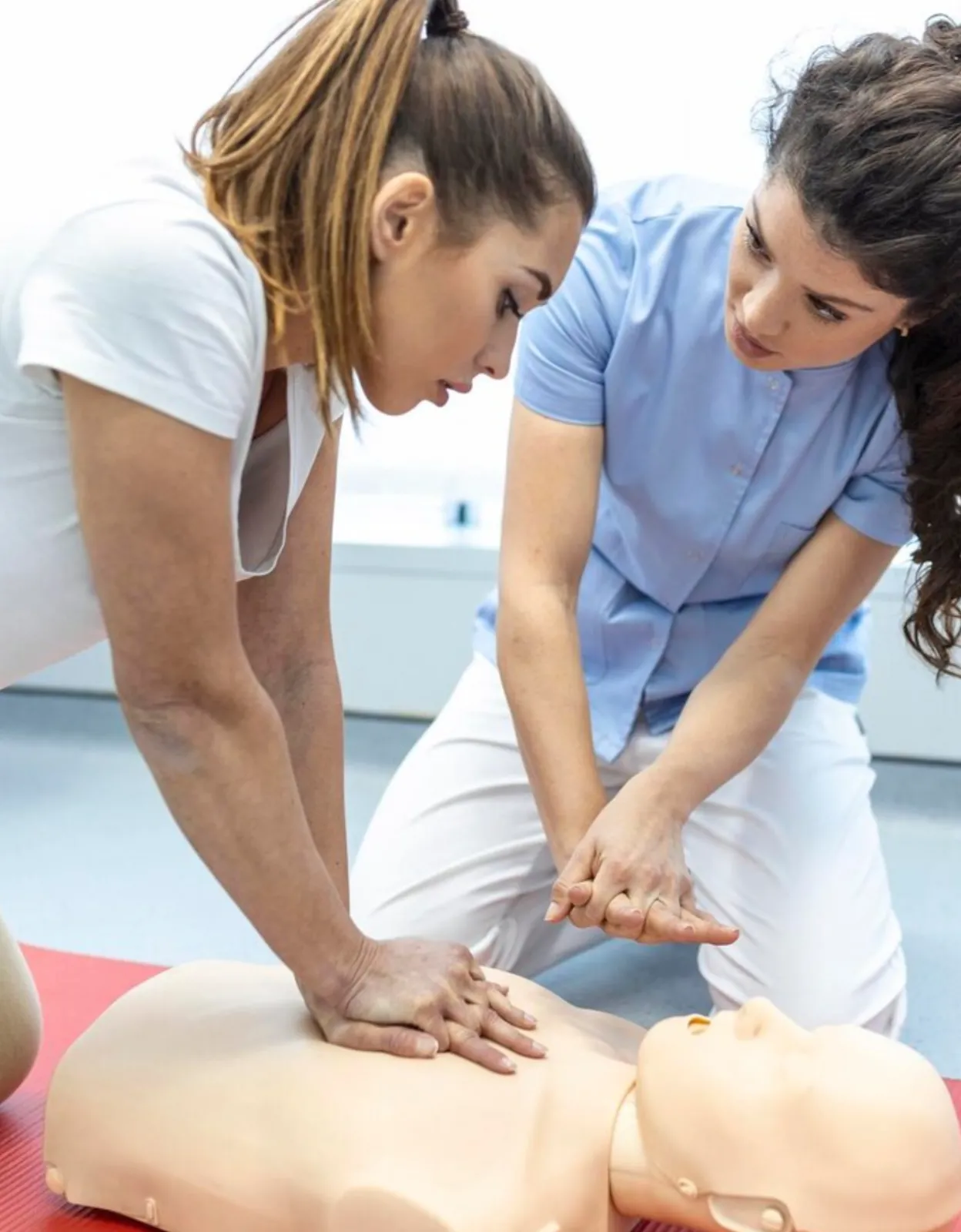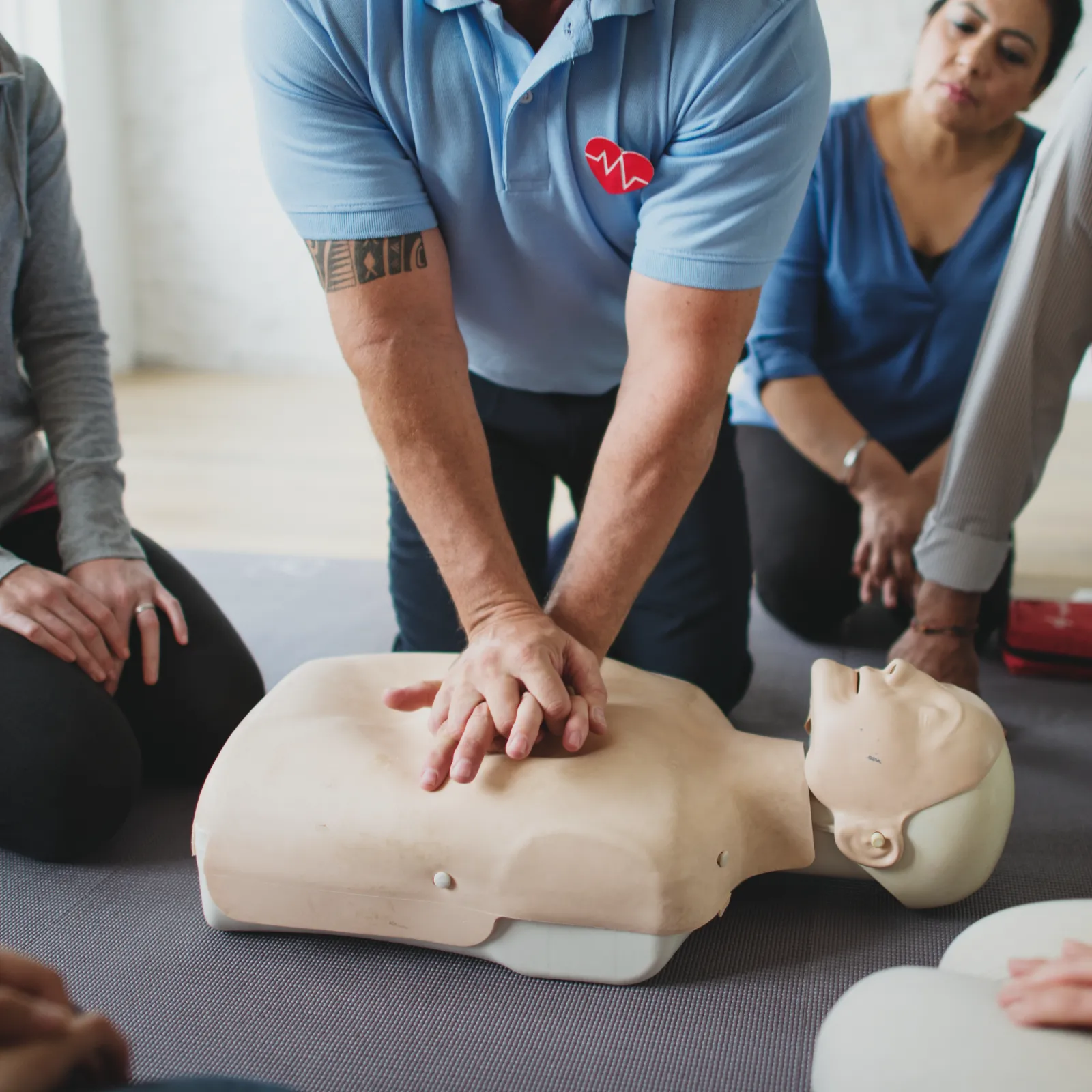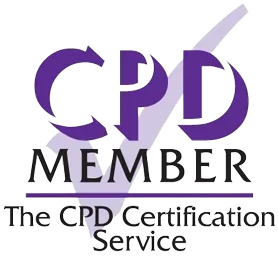29 Mar 2025
Recommended
Minimum 30 mins
Course
Access
Certification
Voiceover

In high-risk workplaces and other professional settings, the ability to respond effectively to medical emergencies can save lives. The Basic Life Support (BLS) and Cardiopulmonary Resuscitation (CPR) Training course provides participants with fundamental life-saving knowledge and skills in line with the latest UK guidelines and protocols.
The course covers recognising cardiac arrest, performing high-quality chest compressions, delivering effective ventilations, and using an Automated External Defibrillator (AED) correctly. Additionally, it addresses responses to emergencies such as choking and anaphylaxis, empowering participants to act confidently and decisively during critical situations.
Designed to foster a culture of emergency preparedness and workplace safety, this training equips participants to minimise the impact of medical emergencies, ensuring the best possible outcomes for those affected.

 £20
£20
Learning Outcomes.
By the end of this course,participants will be able:
To understand the principles and importance of Basic Life Support (BLS) and CPR in saving lives.
To recognise the signs and symptoms of cardiac arrest and other medical emergencies.
To perform high-quality chest compressions and effective ventilations in line with UK guidelines.
To understand the proper use and application of an Automated External Defibrillator (AED).
To identify appropriate responses to emergencies such as choking and anaphylaxis.
To promote workplace safety and a culture of preparedness in medical emergency response.
Course
Contents.
01
Understanding their purpose and significance.
03
Compressions, rescue breaths, and recovery position techniques.
05
Applying the ABCDE framework for initial assessment.
08
Monitoring the patient and ensuring proper documentation.

06
Ensuring safety and understanding legal obligations during resuscitation.
09
Building confidence in handling workplace medical emergencies.
02
Identifying cardiac arrest and other life-threatening conditions.
04
Understanding correct placement and operation for effective defibrillation.
07
Recognising and addressing these emergencies.
10
Encouraging readiness and response to emergencies in high-risk environments.
The Basic Life Support (BLS) and CPR Training course equips participants with essential life-saving skills, including the ability to perform effective CPR and use AEDs in compliance with UK guidelines. By addressing key concepts such as recognising cardiac arrest, responding to medical emergencies, and fostering workplace preparedness, this course ensures participants are equipped to act decisively in critical situations, enhancing safety and outcomes in professional settings.
 Summary
Summary


